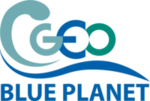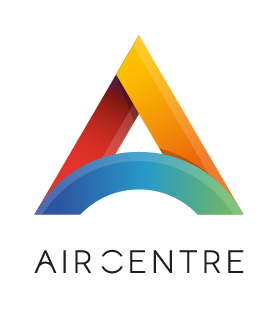Session 1: Collaborating across Sectors, Disciplines, and Scales
This session will provide the opportunity for all participants to get to know each other and to review the cross-scale, cross-sector, and cross-discipline nature of the challenges marine debris pose to the ocean and humanity, as well as the processes that fuel the increasing in marine debris over time.
As an assignment to prepare for the introduction, each participant is asked prepare a "personal" presentation following the template for the three slides available in the Workspace. The personal presentations have to be uploaded in the Workspace under "Workshop Contributions."
We allocate only 2 minutes per participant to present your slides!
After the individual introductions, there will be two keynotes with the first one given an overview of the challenge and the potentially global catastrophic risk marine debris poses to humanity and the Earth life-support system and the second one providing a summary of the ongoing activities to provide use-ready knowledge to society.
| 




